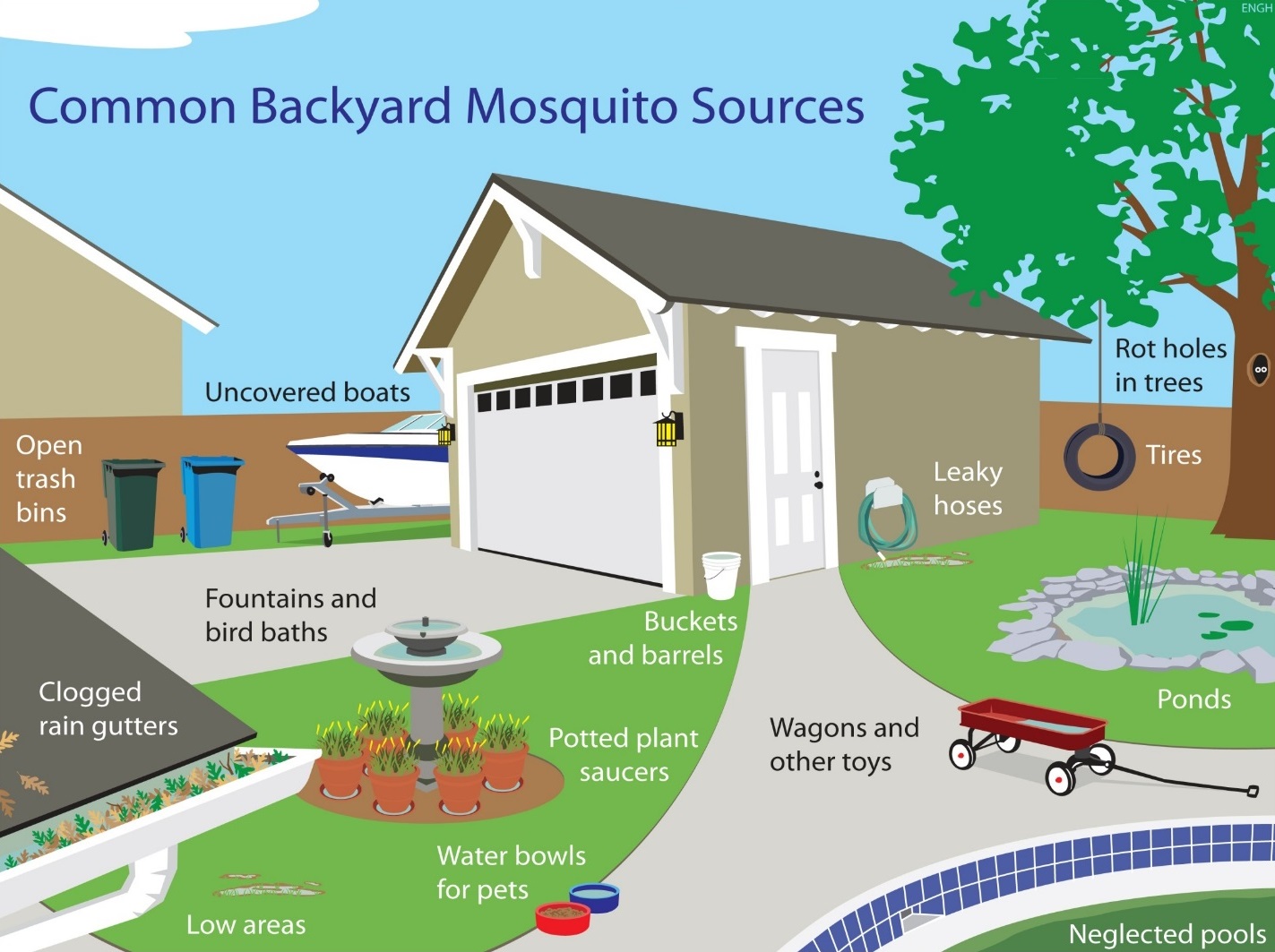The Philadelphia Department of Public Health is launching a public information campaign to advise residents on efforts they can take to prevent mosquito problems in Philadelphia.
Since we identified the first local case in April 2016, 19 residents of the city have tested positive for Zika infection. As of September 9, 2016, all of Philadelphia’s current cases have been associated with travel to countries with known occurrence of Zika. We expect that number will grow as residents return to Philadelphia following summer travel to high risk countries in South America, Central America, and the Caribbean.
Even though we have not documented local mosquito transmission of Zika here in Philadelphia, we urge residents to protect themselves from mosquitoes as mosquito season often continues into October.
Most people infected with the virus do not show symptoms. Those who do often experience fever, rash, joint pain, and conjunctivitis (red eyes), lasting for several days to a week. However, Zika can have serious consequences if infection occurs in a pregnant woman. Zika infections during pregnancy have been linked to birth defects including microcephaly, a condition marked by a small brain and skull, in newborns.
The best way for Philadelphia residents to avoid acquiring infection with Zika or other mosquito-borne infections is to take precautions when traveling to places where Zika is found — and to follow these tips at home:

- Wear insect repellent on exposed skin when outdoors. The insect repellent should contain one of the following ingredients: DEET (20% or higher also protects against tick bites), Picardin, Oil of Eucalyptus, IR3535, or PMD. Follow the product instructions closely when using and reapply as directed to ensure ongoing protection.
- When weather permits, wear long-sleeved shirts and long pants whenever you are outdoors.
- Use and repair window screens.
- Drain sources of standing water outside your home where you work and play. This helps reduce the number of places mosquitoes can lay their eggs and breed.
- Twice a week, empty water from flower pots, pet food and water dishes, birdbaths, swimming pool covers, buckets, barrels, cans, and any other items outside your home.
- Empty and store wading pools for kids on their side.
- Check for clogged rain gutters and clean them out.
- Remove unused tires, and other items that could collect water.
- Aerate ornamental ponds or stock them with fish.
- Be sure to check for containers or trash in places that may be hard to see, such as under bushes or under your home.
- Keep well-fitted screens on both windows and doors.
Call the Philadelphia Department of Public Health Vector Control Program’s Mosquito Complaint hotline at 215-685-9000 to report mosquito problems in your neighborhood.
A full guide to what the city is doing, travel precautions, prevention, and more can be found on the City of Philadelphia’s website.

